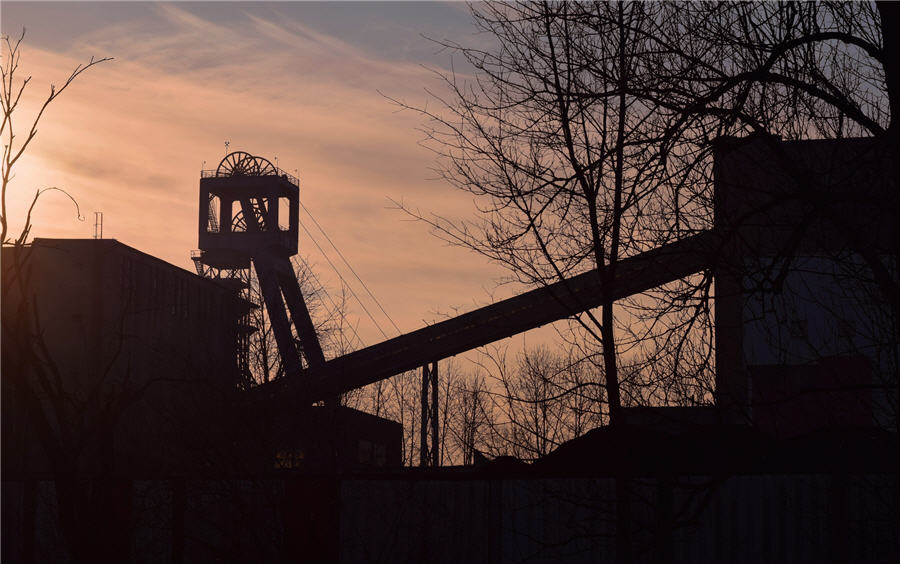The country, which saw its thermal coal output slumping 7 percent to 53 million tons last year and pledged to fight smog, should raise output by 5 to 6 million tons by the middle of the next decade, Deputy Energy Minister Grzegorz Tobiszowski said on Thursday. Imports, mostly from Russia, are expected to increase to a record 17 million tons this year from 13.3 million tons in 2017, according to state-controlled trader Weglokoks SA.
“High import means there’s a big market for coal in Poland,” Tobiszowski told reporters in parliament. “Import is important, but we want to replace part of it, as current levels are worrisome.”
While Poland seeks to make good on a promise to add more renewables, gas-fired and nuclear power capacity in the future, developing unstable energy sources isn’t possible without forging an an“alliance” with coal, which will always remain a back-up, he said.
Developing unstable energy sources isn’t possible without forging an an“alliance” with coal.
Private partners
Tobiszowski argues his announcement isn’t against the government plan to cut the share of coal in the country’s energy mix to 50 percent in 2040, compared with 80 percent at the moment. Higher output will partially replace import, but also help meet rising demand for electricity.
The deputy minister projects Lubelski Wegiel Bogdanka SA, controlled by state-run utility Enea SA, could raise coal output by as much as 2 million tons already in two years from about 9 million tons, while PGG SA — the EU’s largest coal producer — will need more time to increase production by as much as 4 million tons from current 31 million tons.
To meet those ambitious targets at a time of rising coal prices and solid demand, the government envisages a more significant role for private mining investors, such as Australia’s Prairie Mining Ltd., which runs a coal mine project near Bogdanka, as well as state-controlled coking coal producer JSW SA.
“Prairie should be a partner for JSW or Bogdanka — not the enemy,” Tobiszowski said. “The situation on the coal market shows that building a new mine makes more sense now. Private investors have a bigger chance now than ever for achieving their goal.”
(By Maciej Martewicz)





Comments